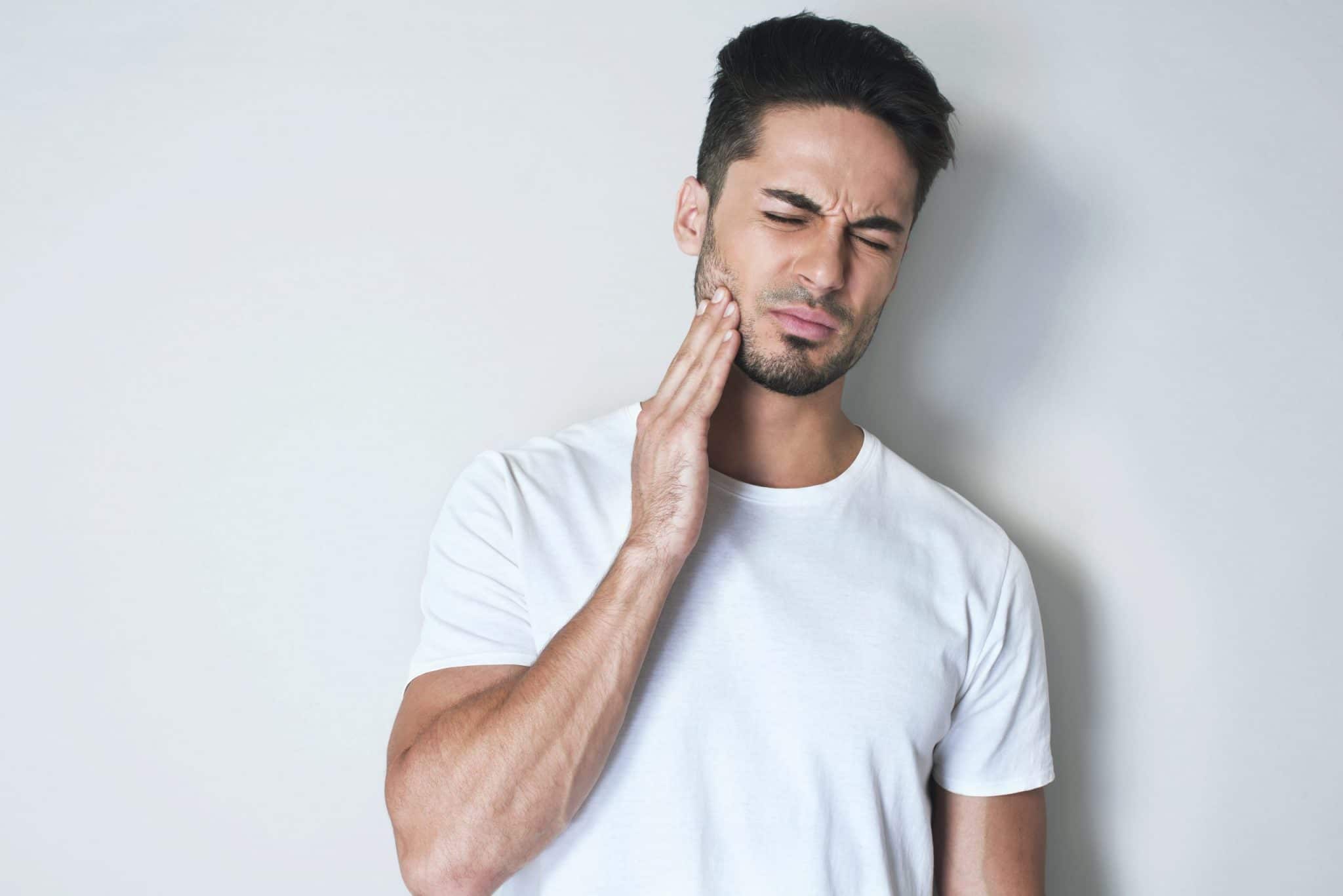You use your jaw almost constantly throughout the day. You don’t even know how often you move your jaw – that is, until there is a problem with it. Pain, discomfort, and other symptoms are common when you have an injury to your TMJ. Understand what the problem is, and let Dr. Maysam help you find a way to fix it.
What is TMJ?
When you hear someone talking about TMJ, what they are most likely referring to is TMJ disorders. TMJ is the acronym for the hinge that connects your jawbone to the rest of your skull. The proper name is temporomandibular joint. TMJ disorders, or TMD, refer to when you have problems in this area. These problems cause you pain, and discomfort, and generally make life more difficult than it needs to be. Your TMJ muscles stretch all the way into the temple region of your head, so they have a lot of influence on how you feel. Dr. Maysam can help you manage your TMJ disorder and give you relief from pain and other symptoms you are having.
What Causes TMJ?
This is the million-dollar question. Science has not found a concrete causal link to the source of TMJ disorders. What we do know is that TMJ disorders come out an issue or issues with your temporomandibular joint, and so preventing harm to the joint goes a long way toward preventing a TMJ disorder from surfacing. Here are some common injuries believed to contribute to the development of a TMJ disorder:
- A Blow to the Joint Area – As we stated, TMJ comes from problems in the joint itself. Any type of hard or violent blow to the area is going to cause trauma, which may increase the likelihood that you will develop a TMJ disorder. Getting hit in the face is never fun, and it is even worse when it results in the development of this disorder.
- Airway obstruction – This is because when your jaw is misaligned, it can lead to a blocked airway, especially when you sleep. The lower jaw could cause your tongue to sit too far back in the mouth and obstruct your airways.
- Grinding Your Teeth – We all do this. Whether you do it knowingly or not is the real question. A consistent grinding of your teeth, or bruxism, puts a ton of undue stress on your TMJ. Your jaw muscles are strong, and when you grind your teeth, all of the force from your bite is placed on the teeth and your TMJ. It was not designed for this type of prolonged use. This doesn’t even take into account the potential injury to your teeth from this type of activity. Dr. Maysam can help you get past your bruxism and save your teeth and TMJ the added abuse.
- Movement of Material Within the TMJ – Your TMJ has a socket, and inside that socket is a disc that cushions the ball end of your jawbone from contacting the bone of your skull. If that disc moves, it results in bone-on-bone contact. This will cause you a ton of pain.
Symptoms of TMJ
Pain is the one symptom that seems to get the attention of people who suffer from this disorder, but there are other, more subtle symptoms that are often overlooked.
Clicking in the Joint – If your jaw clicks as you open and close it, you may have a TMJ issue. This is oftentimes passed off as just getting older, but it is important that you get in to see Dr. Maysam to find out what is going on with your TMJ.
- Locked Jaw – If your jaw ever locks in either the open or closed position, you have an issue with your TMJ. This can be frightening when it first happens but don’t worry. Dr. Maysam will help you figure out what is going on and get you squared away in no time.
- Migraines and Headaches – The TMJ muscles extend all the way up the side of your face and can cause debilitating headaches. These migraines or headaches can make it practically impossible for you to function and live a normal life. Adding to these intense headaches can be neck and shoulder pain whether it be from stress, working at a computer all day, or even an injury. Call Dr. Maysam today to find the relief you desperately need.
Options for TMJ Pain Relief
Dr. Maysam has spent years studying these disorders and is able to offer some very effective treatments for your pain.
- Mouthguards – Custom mouthguards can prevent your teeth from unconsciously grinding at night, reducing the stress on your jaw and teeth.
- Splints – For more involved TMJ problems, a splint may be used to help you get your TMJ back into shape. A splint can correctly position your jaw when you bite down and take some of the pressure off of your TMJ. This gives your jaw a chance to relax and heal.
- Sleep appliance – The custom-fit devices are worn at night to reposition the lower jaw to keep the airway open. This will stop pauses in breathing while taking the strain off your TMJ.
Call our office today at (619) 639-1785 to schedule your appointment.


